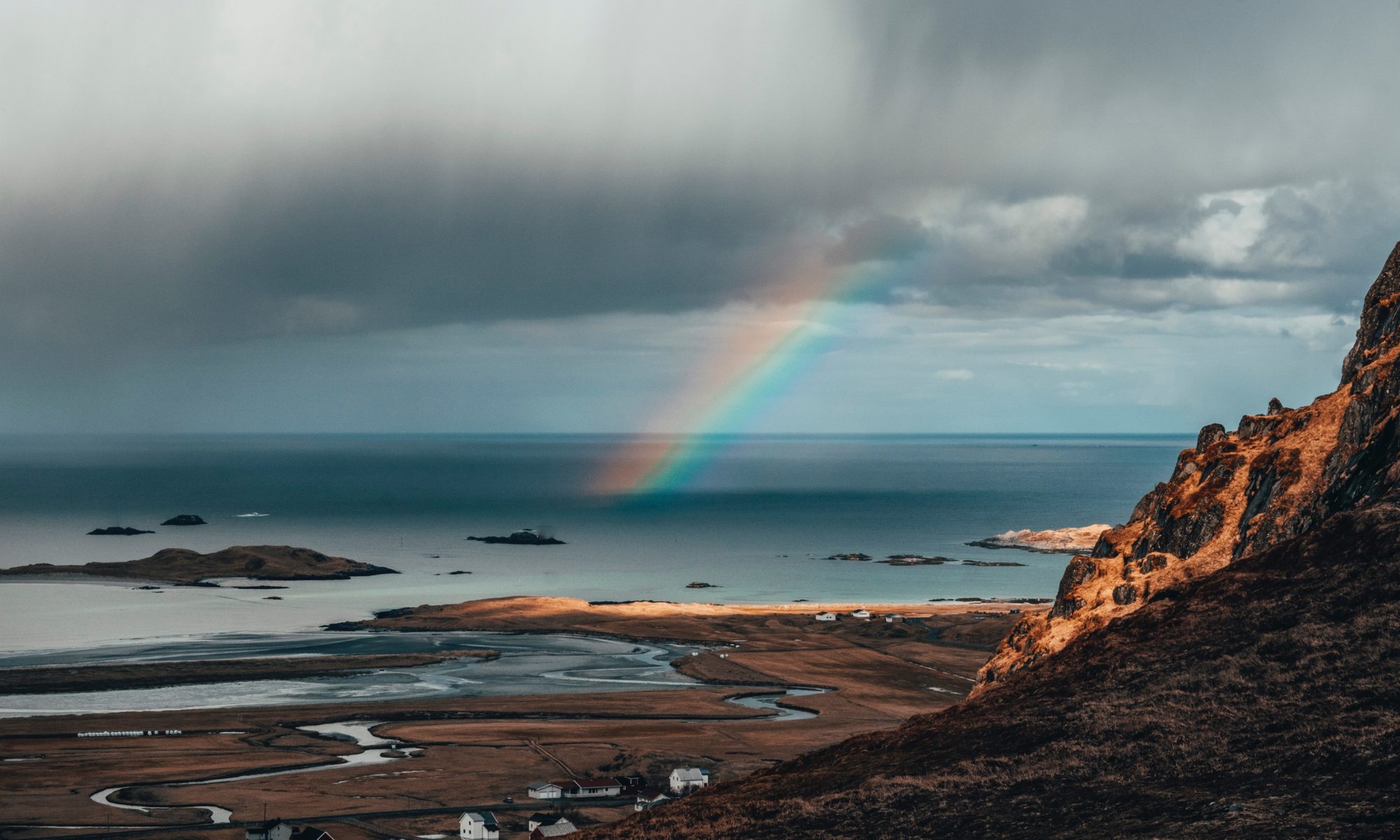“The grass withers, the flower fades, but the word of our God stands forever.” (Isaiah 40:8)
Opening my Bible, I turned to the next Psalm in my daily reading, which began, “Praise the LORD! I will give thanks to the LORD with all my heart…” (Psalm 111:1) and my heart said, no, I don’t want to, I don’t feel like praising God. I feel like I’ve just been punched. I’d rather demand why this is happening to me. I have a heavy weight someone just dumped on me and I definitely do not like it, especially since it can kill me.
It was the day after I received a diagnosis of breast cancer. I was sitting in the bedroom of our son’s home, 3000 miles from our home in West Virginia. My husband and I had been on our way to the airport the day before, stopping at the doctor’s office to get the results of my biopsy on our way out of town. We were heading to California to spend the Christmas and New Year holidays with our children and grandchildren and had been anticipating this time with great delight; it is hard being a continent away from the ones you love the most in the world. Now not only did we have to absorb and manage this news of cancer for ourselves, but we had to share it with our two sons and their wives. It seemed extra difficult to find the right time because it was the Christmas season.
As I read the Psalm that morning with these feelings and thoughts of hurt, confusion, anger and fear steam rolling through my head and heart, another part of me simultaneously acknowledged, “Yes, I will praise the LORD, because I know that is just what I need to do, it is what I must do”, especially since I was so hurt and didn’t want to do it.
I already knew, from years of living with MG, a severe muscle weakness, how important it was that I do choose to praise God in the face of these conflicting and dark feelings. If I only praise God in the sunny meadows, when life seems nice and comfortable, but refuse to praise Him in the dark valley where fear and pain stalk, I would be a hypocrite. Besides, it makes no sense to turn my back on God, cutting off my only source of comfort and strength and hope right when I most needed these things.
That moment, I chose to praise God; a sheer act of the will. Let me tell you, my emotions were not on-board at that point. This was not an easy decision. It was a struggle. But I knew that if I chose according to how I felt at that moment, I’d end up in the depths of despair and would have a long hard battle to dig myself out of that pit. This was not academic head knowledge. I had been on the edge of that dark pit of depression many times. I knew from experience not to go there.
When I made the decision to praise God, turning my back on that dark, deep pit of anger and fear, it was really the decision to submit to His Sovereignty in my life, just like my dad did when he gave me up to God. All the rest of my decisions have been shaped by that initial choice, and my emotions trailed along behind. The Bible played a key role in this decision and the consequences flowing from it.
